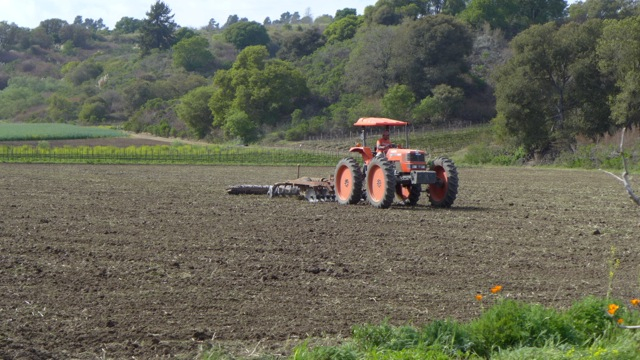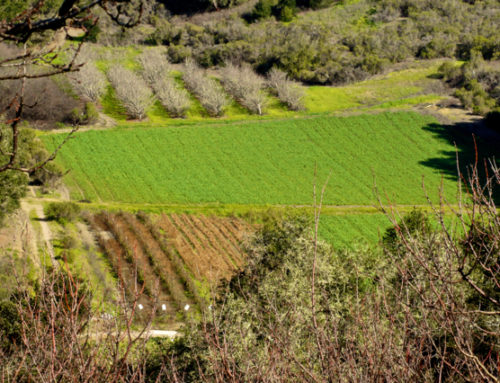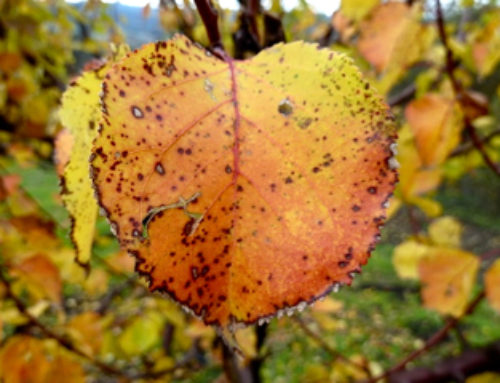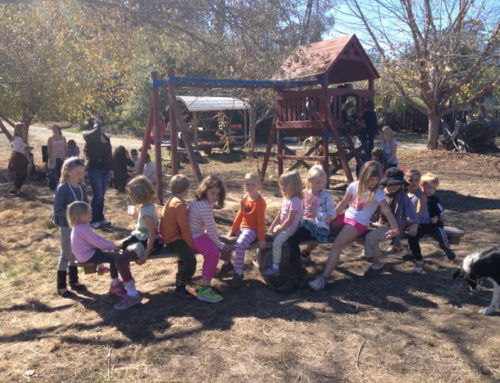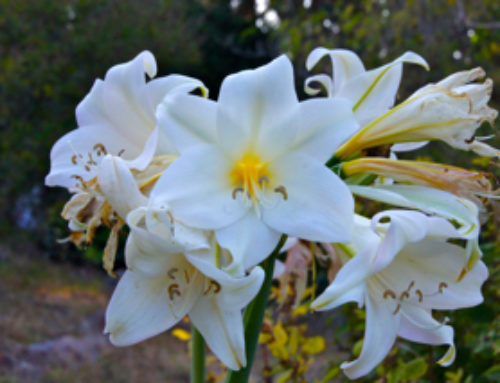When I drive Elisa, our daughter, to school in the morning I get a glimpse of the kind of things she pays attention to as we make the 20 minute drive through the back-roads of Watsonville, Corralitos, and Aptos to avoid the stop and go traffic on HWY 1. Her curiosity often surprises me as she comes up with questions about the farming activities she sees along the way. Just the other day the plastic hoop-houses covering a large field of commercially grown blackberries were being removed, the blackberry bushes still lush and vigorous got mowed to the ground and plowed into the soil. She was curious why these healthy looking plants were suddenly removed. It puzzled me as well since blackberries can stay productive for many years and this was still a young patch. I told her my guess was that the farmer probably wants to plant a different crop or a different variety of blackberry that sold better. Maybe, I speculated, the farmer didn’t have enough helpers to pick all the berries. I knew these were not very interesting reasons for her, so in order to keep the conversation going I threw out the idea that maybe the farmer wants to raise horses and was putting in a pasture. It immediately got her attention, knowing her passion for horses.
Ever since she begged us to let her ride a horse 3 years ago, she hasn’t stopped riding and her passion has only increased. If it was up to her, I am sure, she wouldn’t mind seeing the farm, at least some of it, converted into a horse farm with pastures, riding trails, and horse jumps. She’s heard me enough times saying that pasturing our chickens is a good thing for the soil. So why not horses! I am very careful making promises. When the subject comes up I jokingly tell her that maybe one day when we run out of gas and our tractors will need to be replaced with draft horses we will have horses and pastures.
For the last few weeks Elisa has been eyeing what was going to happen with that plowed up blackberry field, and so one morning on our way to school she noticed that the entire field was covered with a sheet. She asked me, ”What is that dad, looks like a sheet of water. Is that, that poison that kills everything?” I remember she asked me the same question a few years ago and I can’t help but feel some anger and frustration. It pains me to see how many conventional growers rely on poisonous and lethal soil fumigants to grow their crops. Instead of nurturing the biological health of the soil – the very foundation of our existence, we somehow can’t rid ourselves from this pesticide addiction. It doesn’t make sense, it especially doesn’t make sense to a child or to my 9 year old daughter.

A conventional farmer’s field, recently injected with methyl bromide and covered in plastic sheeting, with a wholly insubstantial warning sign at one corner!
After taking a deep breath, I explained to her that this was indeed a bad thing and that farming organically, like we do, helps nurture the soil and the life in it. Growing healthy food requires growing vibrant soils that are full of humus and alive with microorganisms.
I reassured Elisa that more and more farmers are using organic farming practices and more people want to buy organic food, so hopefully this blackberry farmer and every farmer one day will only grow crops organically.
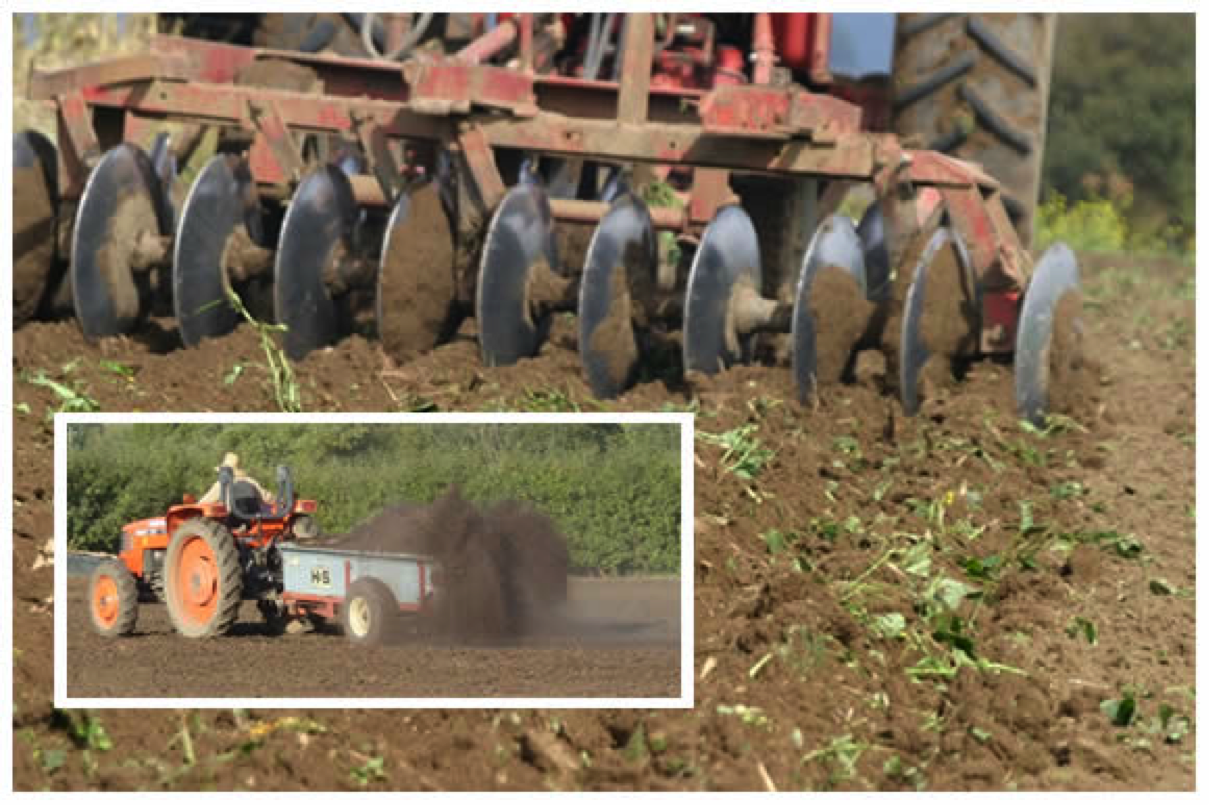
Above, our fields: the correct way, the organic way – plowing in cover crop and spreading compost.
“So”, she asked, “does that mean this farmer will not put in a horse pasture then?” “Probably not.” was all I could answer. Feeling like I couldn’t let her down, it slipped out of my mouth, “But, maybe we can on our farm.” I knew right away that she will hold me to it. It is a promise I don’t mind keeping – A happy daughter and it’s good for the Soil!

